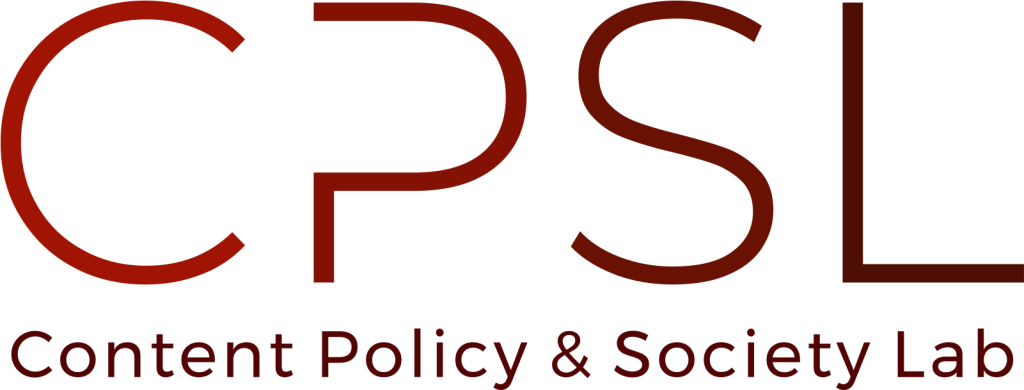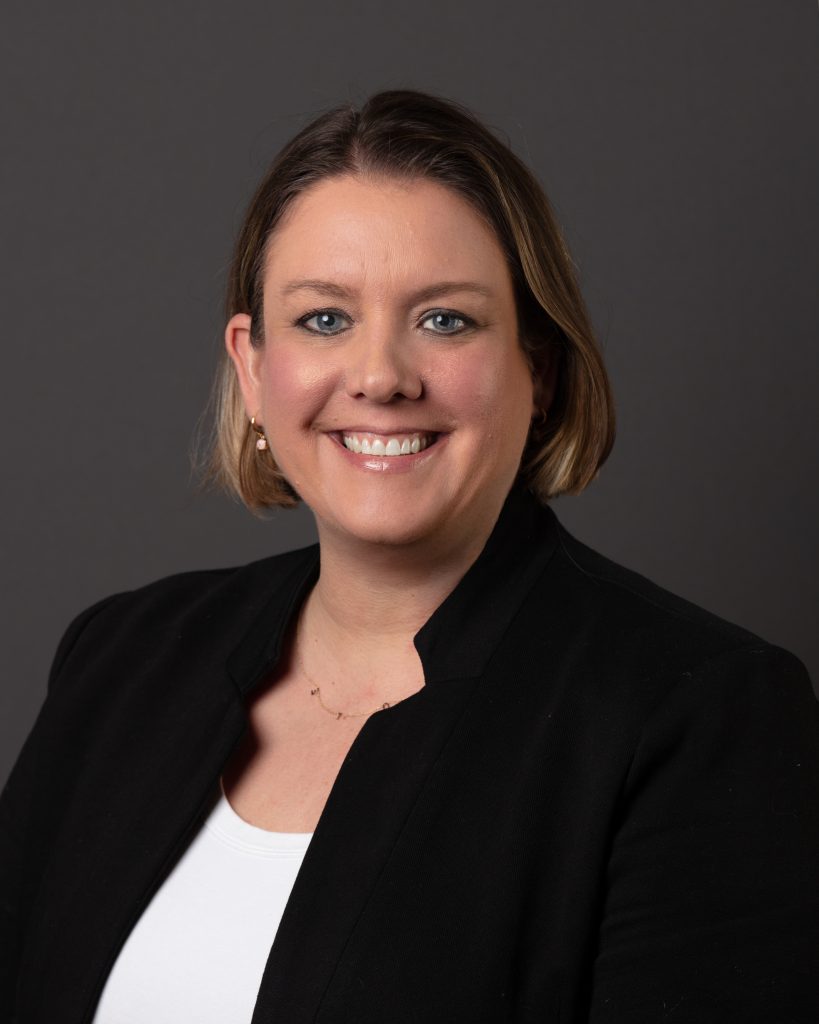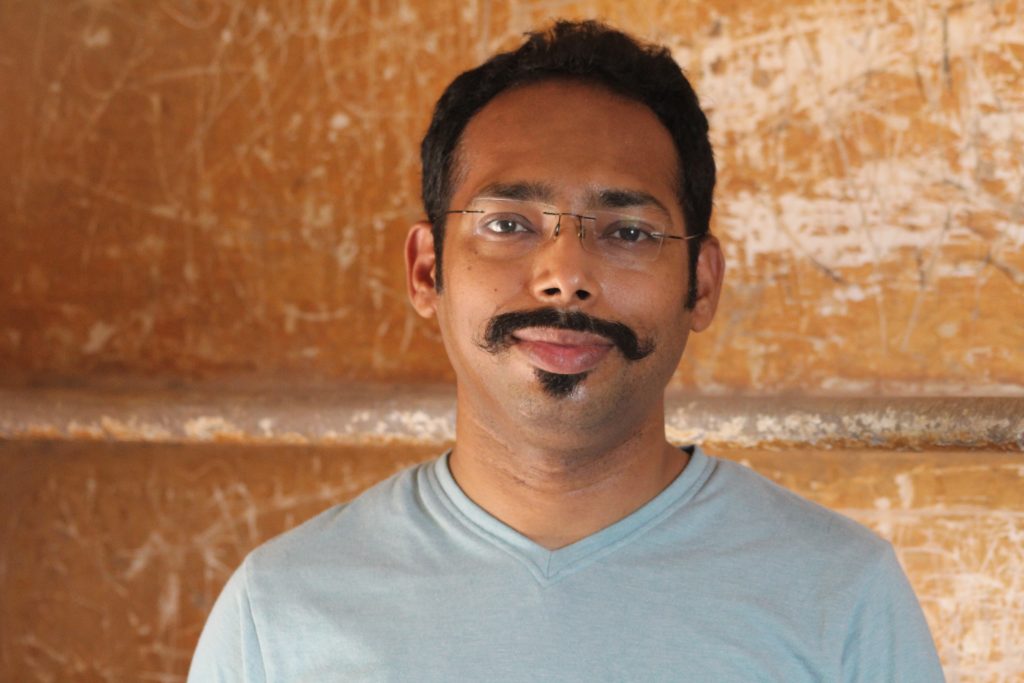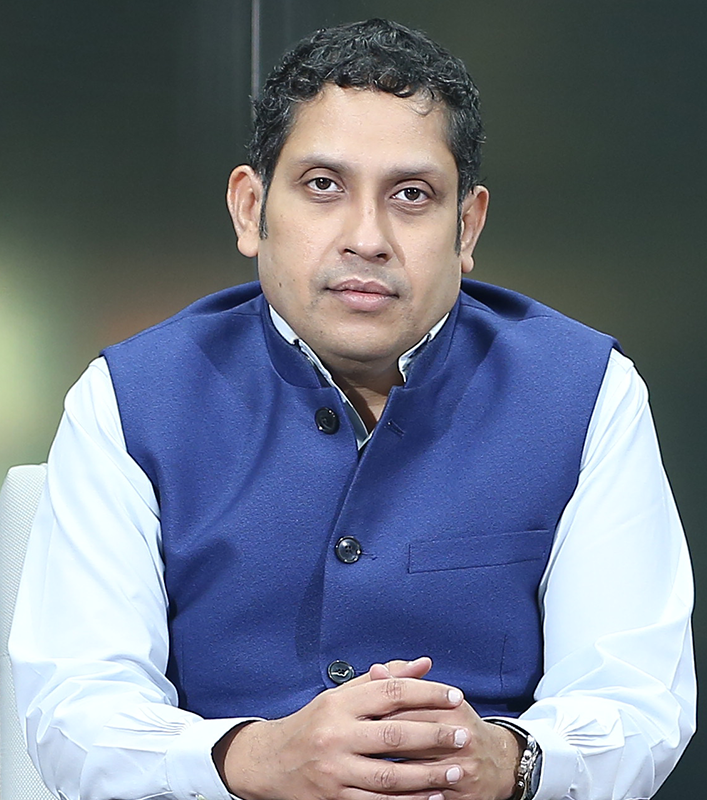event
Content Policy and Elections: Case Studies from France and India
March 17th, 2022 - 9:00 am to 10:30 am PST

This private workshop on content policy approaches and elections will discuss the readiness of social media platforms for elections in 2022, 2023 and 2024, as well as how political parties and candidates prioritize content policy in the wake of 2022 elections in France and India.
The pre-election period tenders a unique set of challenges for platforms to moderate content, with significant impact on the process of democracy itself. From taking down authentic content or failing to remove inaccurate content, to the harmful interference of both domestic and international actors, and the misuse of platforms by public figures to undermine the integrity of the electoral process, the focus remains on how prepared are social media platforms and if elections and political parties are ready to cope with the influence of social media. Additionally, the limitations of automated moderation in interpreting languages other than English leaves users in some countries more susceptible to harmful posts.
While some political parties and candidates are concerned about the spread of misinformation on social media platforms and are exploring how it can be addressed by private tech companies, others are concerned that social media operators’ content policy approaches may suppress speech. Through case studies from France and India, the workshop will highlight practices of political parties and candidates to address content issues in light of the upcoming elections, while balancing the right to free speech with the harm that speech could cause someone. The conversation will also serve to assess the preparation of platforms, and help to share and produce improved and adequate policies, business principles and products.
This is an invite-only, private session that is part of a workshop series organized and moderated by fellow Julie Owono for the Content Policy and Society Lab (CPSL), a project of the Program on Democracy and the Internet.
Speakers

Katie Harbath is a global leader at the intersection of elections, democracy, and technology. As the chief executive of Anchor Change, she helps clients think through tech policy issues. She is the director of technology and democracy for the International Republican Institute and is also a fellow at the Bipartisan Policy Center, the Integrity Institute and a nonresident fellow at the Atlantic Council.
Previously, Katie spent ten years at Facebook. As a director of public policy, she built and led global teams that managed elections and helped government and political figures use the social network to connect with their constituents.
This work included managing the global elections strategy across the company by working closely with product teams to develop and deploy civic engagement and election integrity products including political ads transparency features; developing and executing policies around elections; building the teams that support the government, political, and advocacy partners; working with policymakers on shaping the regulation of elections online, and serving as a spokesperson for the company about these issues. Katie was involved in this work in major elections for every country worldwide, including the United States, India, Brazil, United Kingdom, European Union, Canada, Philippines, and Mexico.
Before Facebook, Katie held senior strategic digital roles at the Republican National Committee, the National Republican Senatorial Committee, DCI Group and multiple campaigns. She is a board member at the National Conference on Citizenship, Democracy Works, and the Center for Journalism Ethics at the University of Madison-Wisconsin. Katie holds a BA in journalism and political science from the University of Wisconsin-Madison.

Ankit Lal is a Political Campaign Strategist, consultant and author. He started as a Social Media activist in 2011 and then went on to head the Social Media and IT wing of the ‘Aam Aadmi Party’ (AAP) which emerged out of the ‘India Against Corruption’ movement. He worked as SM & IT Head of AAP from its inception in 2012 till the first half of 2020. He managed the party’s Digital presence in 15+ National, state and municipal level elections while being a part of the organization.
His book titled ‘India Social’ came out in 2017 and was published by Hachette. The book tries to throw some light on how the Digital world impacted the real world discourse through examples of 15 events/campaigns. He is also a columnist and writes for NDTV.
In 2020 he moved on from AAP to open his own Political Consultancy firm called ‘Politique Advisors’ and has since worked in 3 different state elections with 3 different political organizations. He also worked as a consultant for individual candidates in South Africa, Malaysia and Sri Lanka over the past few years.

Praveen Chakravarty is currently the Chairman of the Data Analytics department and a senior office bearer of the Indian National Congress party. A deep commitment to the national interest, a keen desire for public service and a strong yearning to give back to society prompted Chakravarty to enter politics in 2018 as a first-generation politician, after a successful two-decade career in the private sector.
Chakravarty is ideologically a centrist liberal and a strong proponent of justice and fairness in society as postulated by the philosopher John Rawls.
He recognised the vitality of politics and policy to achieve large-scale social impact during his first stint in public service.
In 2010, he resigned as the then Managing Director of BNP Paribas investment bank to serve in the UPA II government headed by Prime Minister Dr.Manmohan Singh. He first served in the Unique Identity Project (Aadhaar) and then in the National Skills Development Agency. These two initiatives were respectively tasked with providing a digital identity and employable skills for a billion Indians,
Chakravarty is a widely read and respected columnist who writes on contemporary issues of economics, politics and society in various publications.
He has also co-authored with the former Prime Minister of India Dr.Manmohan Singh, former Finance Minister of India Mr.P Chidambaram and many others.

Jill-Maud Royer is a field expert in digital activism, with a background in both social sciences and computer science.
Since 2016 and last presidential election, she is french left party France insoumise CTO. With a team of developers and designers, she coordinates the development of Action Populaire, the social app built for Jean-Luc Mélenchon’s 2022 campaign and used by then of thousands of activists. She studied sociology and economy at Ecole Normale Supérieure de Cachan and Paris School of Economics, but is also an experienced web developer, with 10 years of mostly open source productions. Aside from her engagement in elections, she is an LGBTI and women’s rights activist in various groups and projects.

Mickaël Labarrère is an artificial intelligence engineer. He graduated from the Ecole des Mines de Saint Etienne as an engineer, from the University of Prague in math and finance and specialized at Oxford University, where he studied the development of neural networks architecture. As a researcher, he simulated the functioning of the human brain, including the perception of 3D.
Formerly senior consultant for the banking and capital market industry at EY, he was in charge of optimizing bank assets through data science, anti-terrorism and optimizing bank treasury flows through blockchain. Later on, he was in charge of data and AI products and services for more than nine African countries for the Baobab group were he modeled credit risk, and created an internal rating agency for the bank.
He is now in charge of the digital strategy for the party “La République en marche”.
